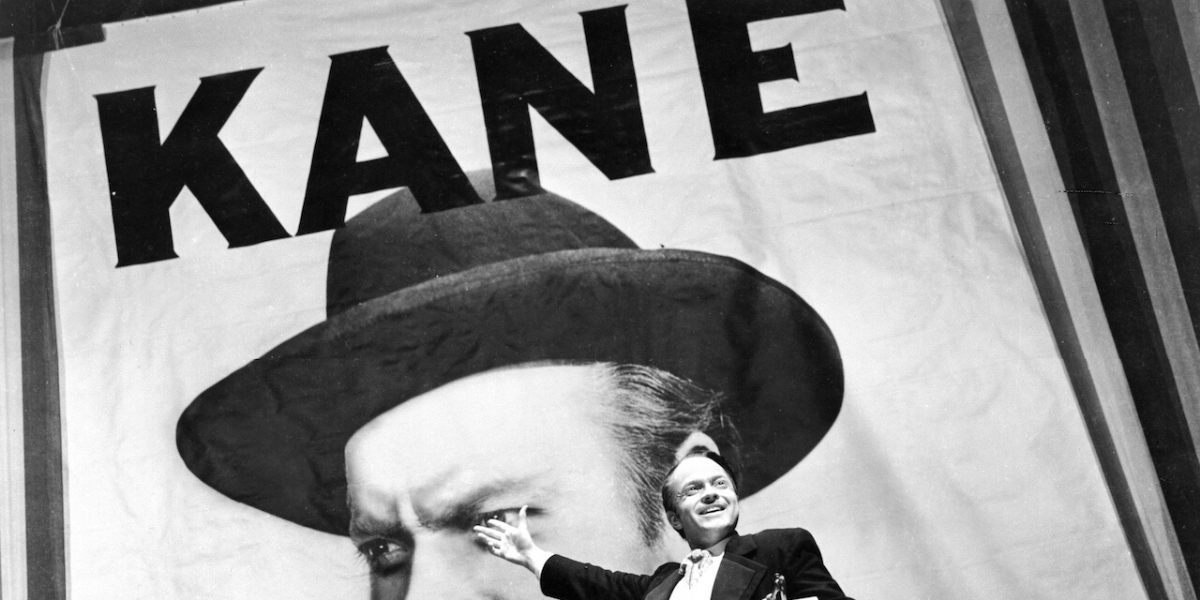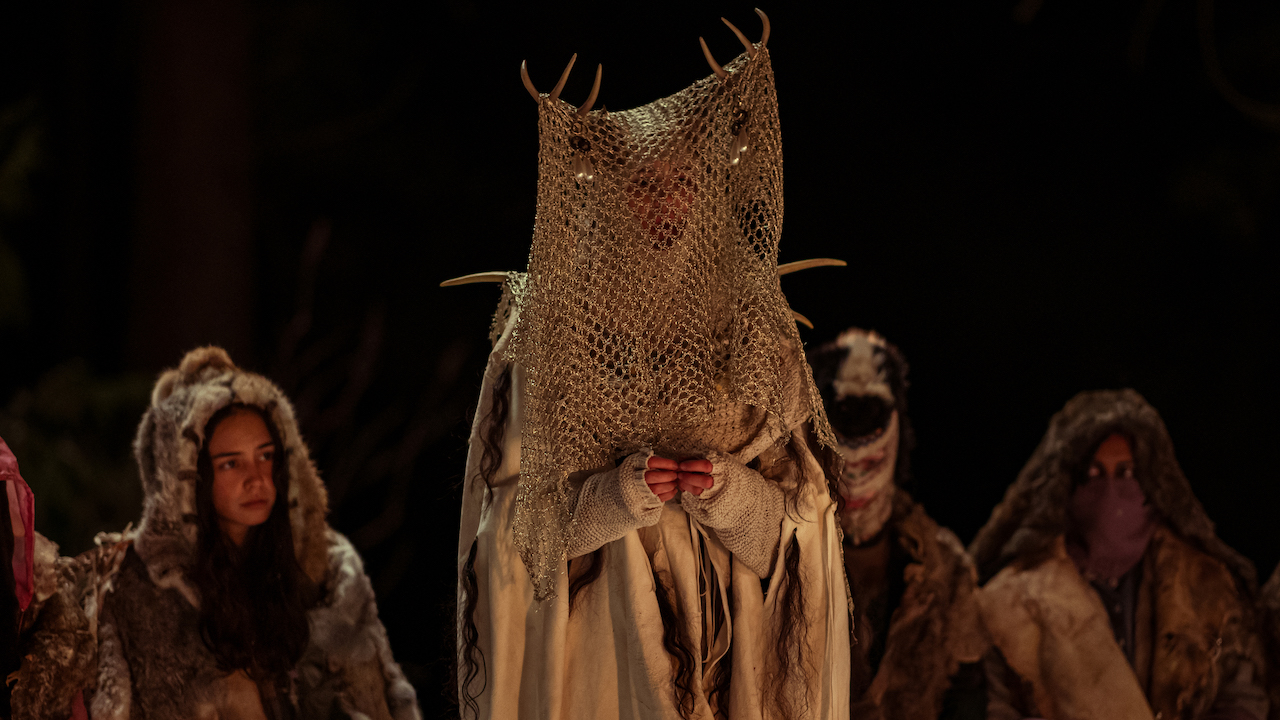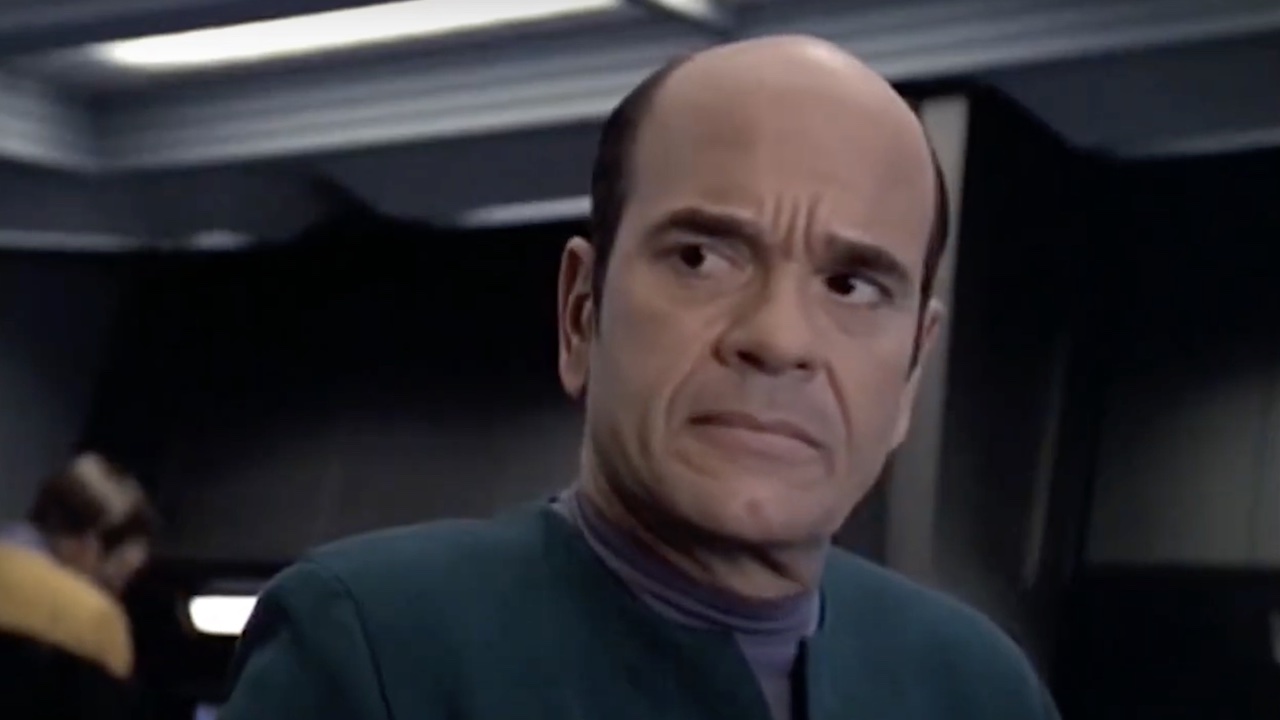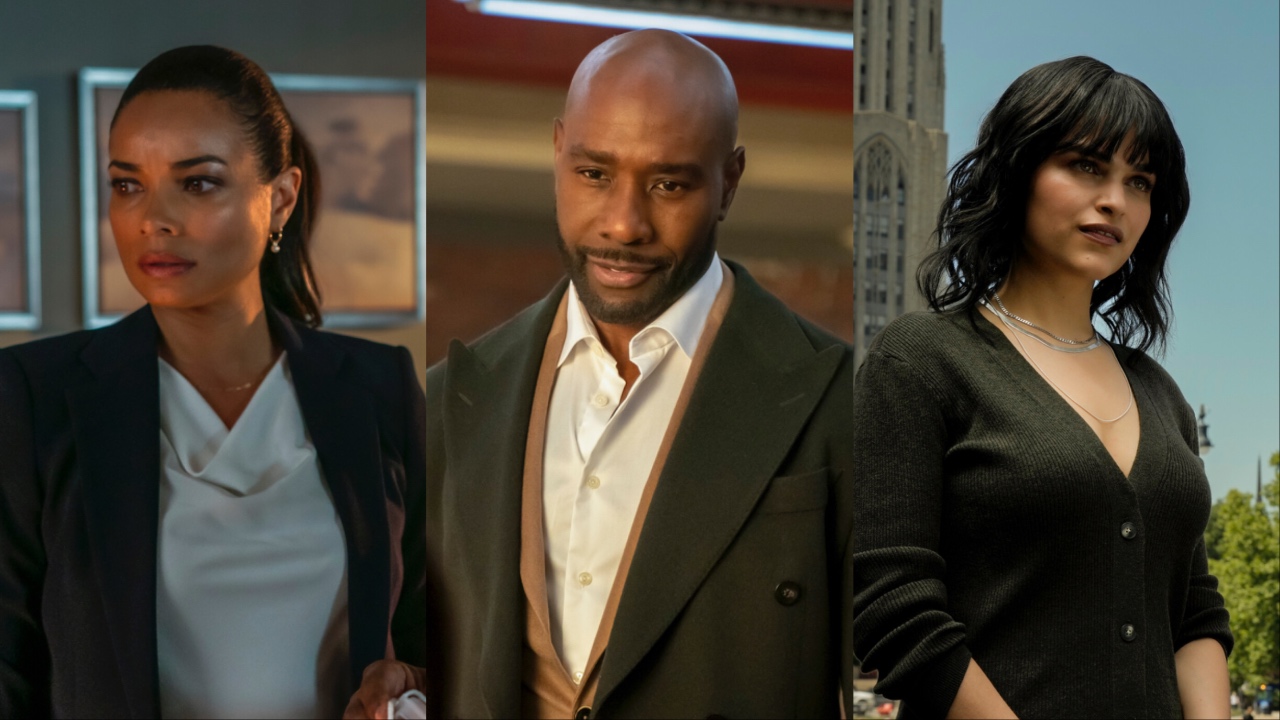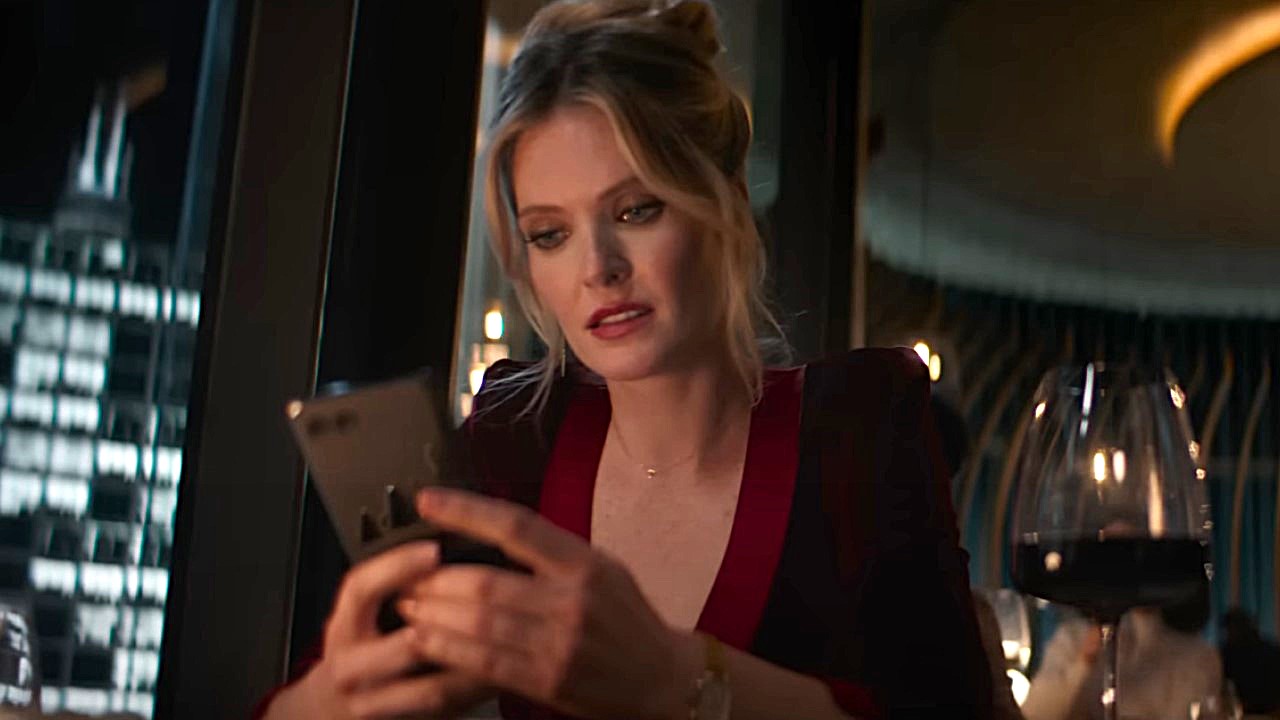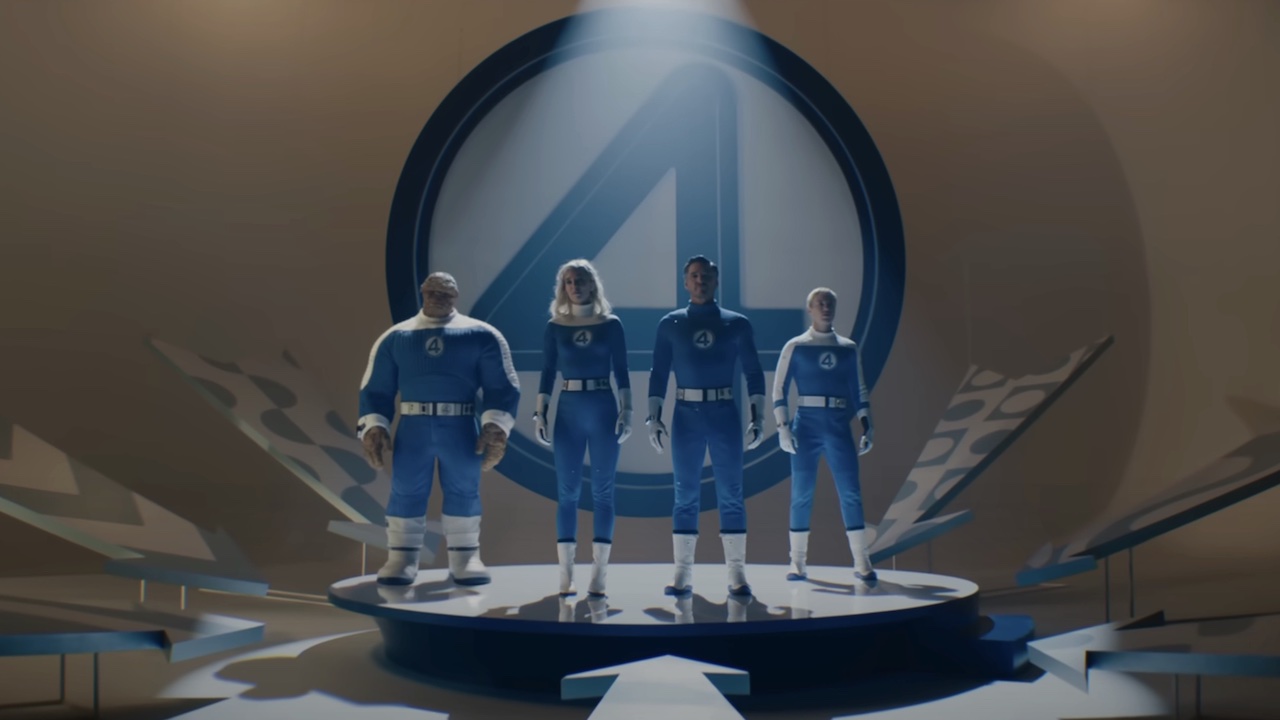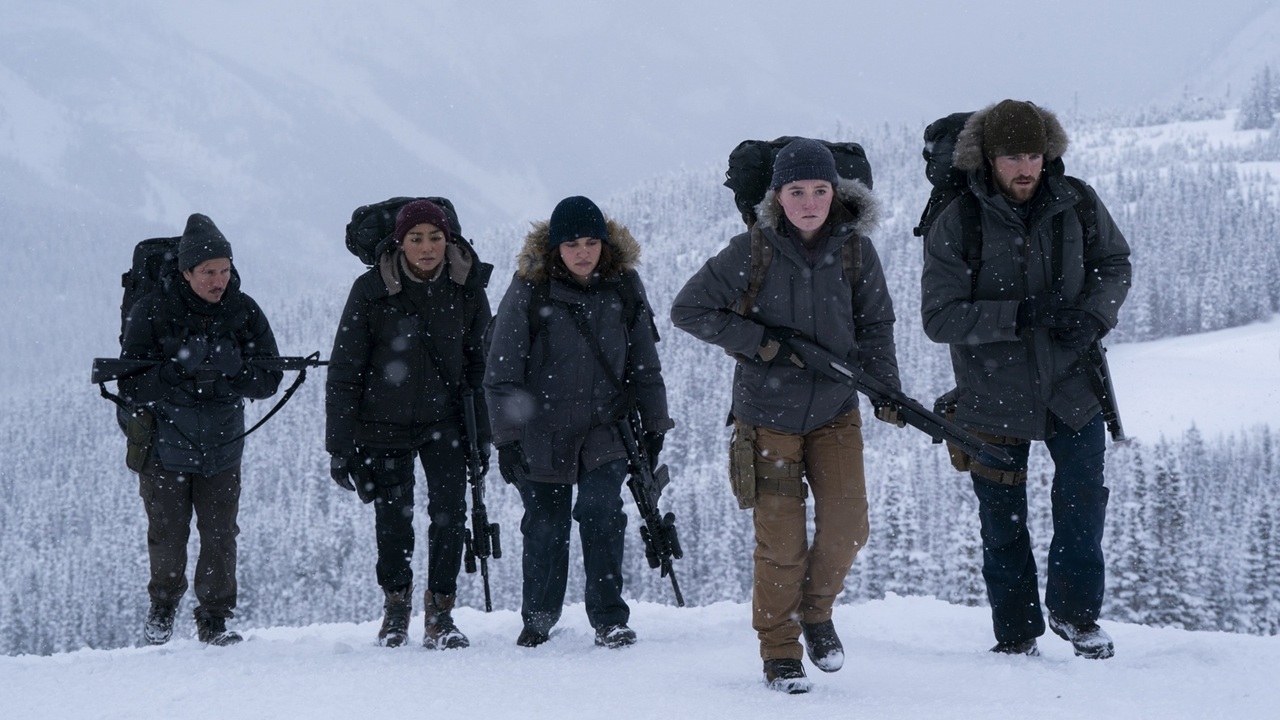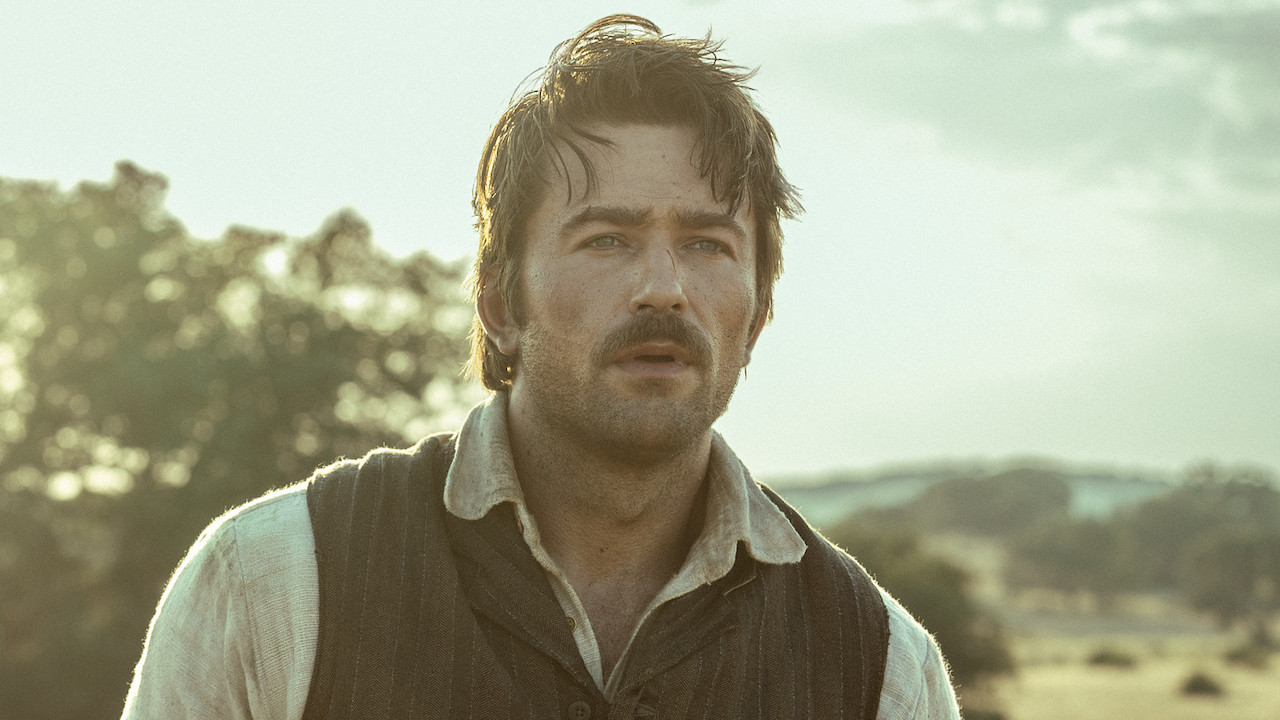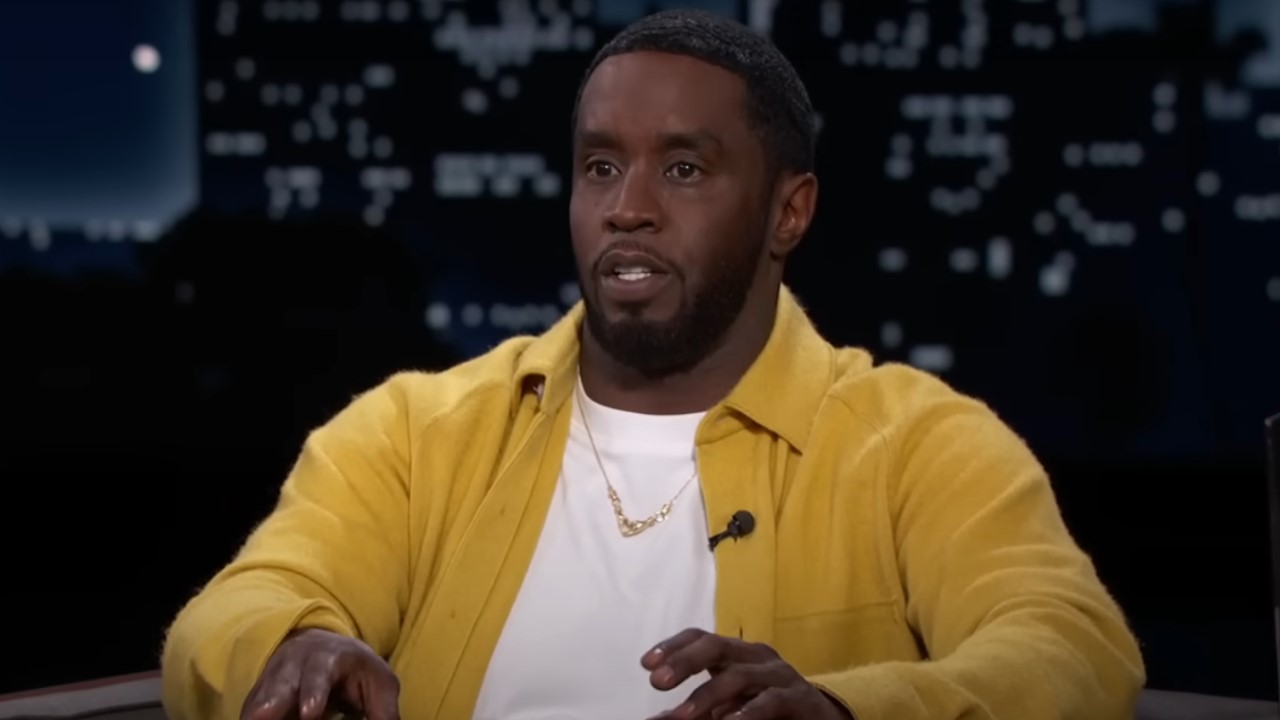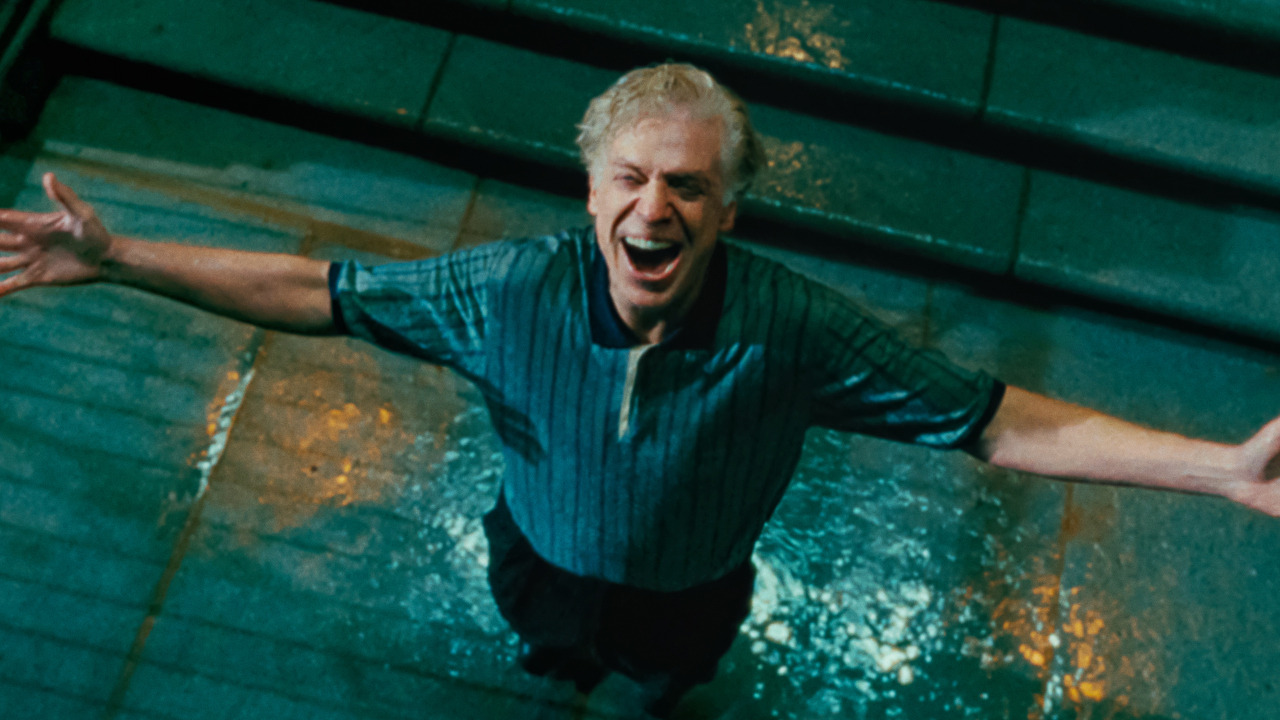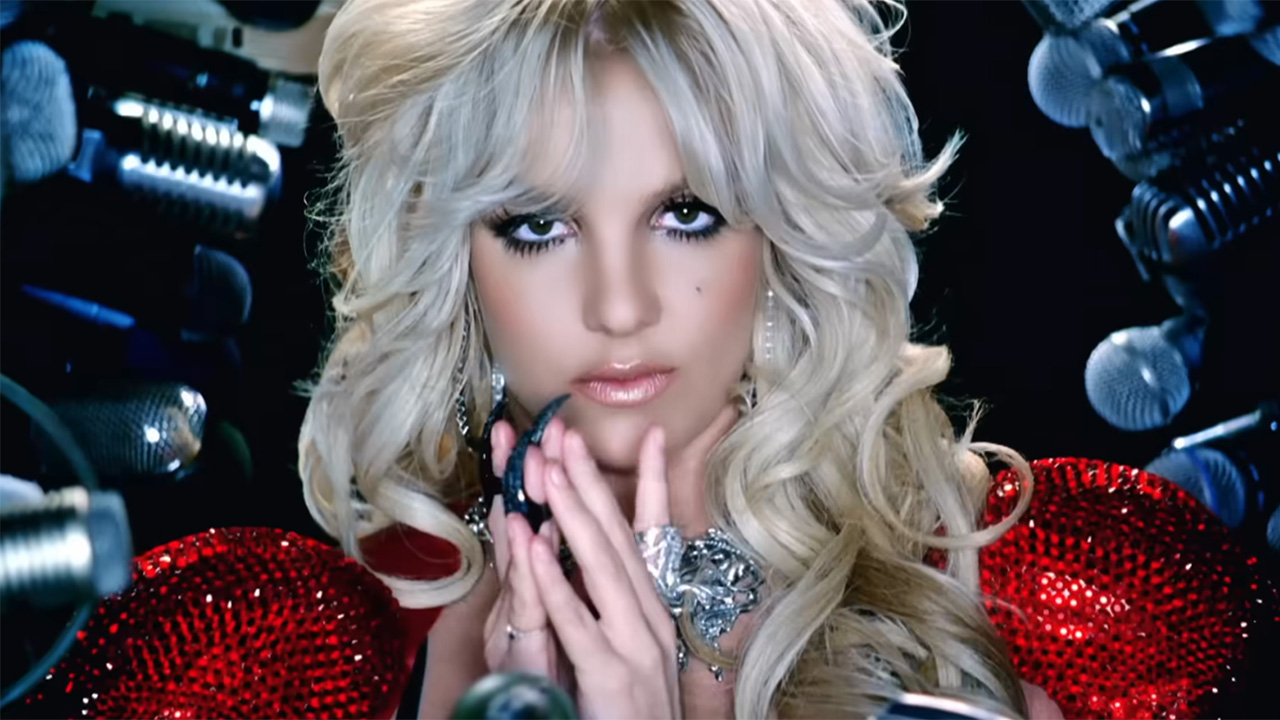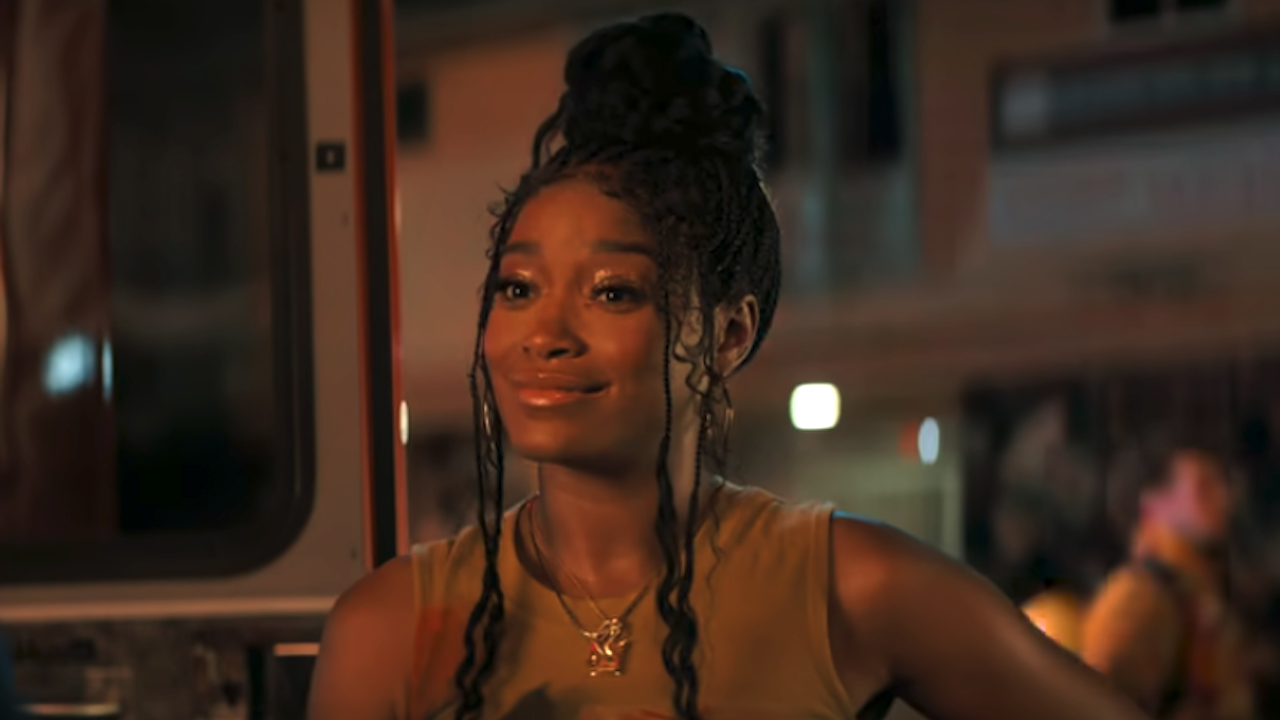12 Citizen Kane Behind-The-Scenes Facts To Know Before Watching Netflix's Mank
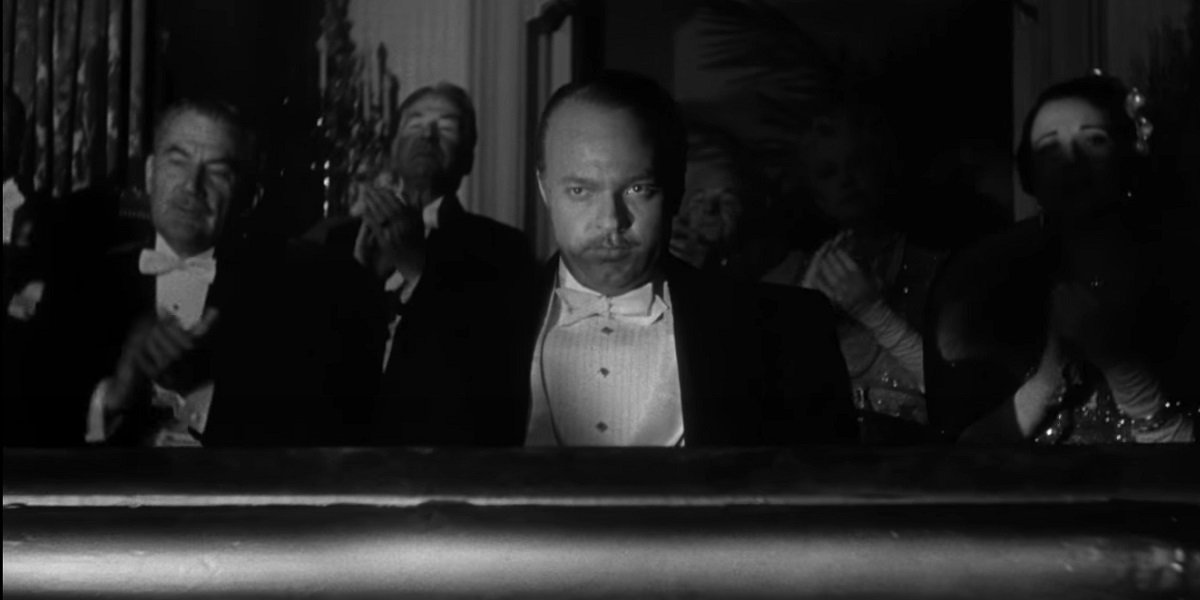
Mank is now on Netflix, which for some means it's as good a time as any to remember or re-watch the cinematic classic Citizen Kane. Orson Welles' movie didn't just change the game of modern cinema, the making of the film, as Mank will show, was worthy of a story all on its own. A brief look at some of the behind-the-scenes facts will confirm this and is certainly worth looking into for those unfamiliar with some of the wild stories attached to this movie.
And when it comes to Citizen Kane, the tales of scandal, sabotage, and deception are seemingly endless. Some of the factoids behind this movie sound so outrageous they can't possibly be true, but with the length to which the movie has been studied and the exhausting number of times Orson Welles was interviewed about it throughout his life, it stands to reason that many of these crazy things are true.
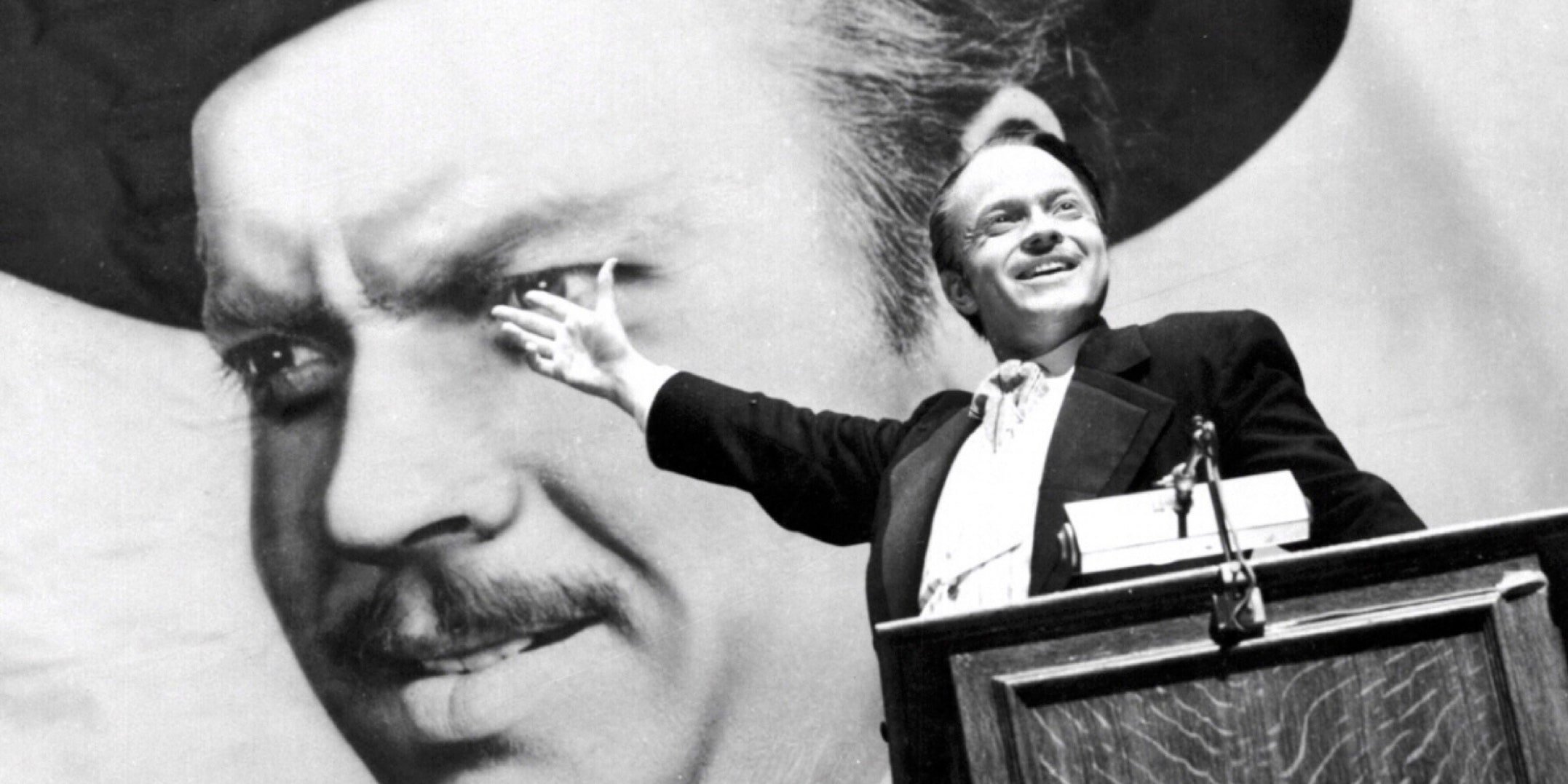
Citizen Kane Normalized The Modern Way Of Starting Movies
Old Hollywood had a way of doing things, and as many are aware, Citizen Kane broke a lot of those rules. One of the major ones was the way the film opened (via Movie Buff), which was a title card that showed the film's title and nothing else. Typical films of the time included the title but front-rolled the names of actors and credits for producers and the like. Citizen Kane bucked the trend, and in the process created the modern way that movies do their openings in the process.
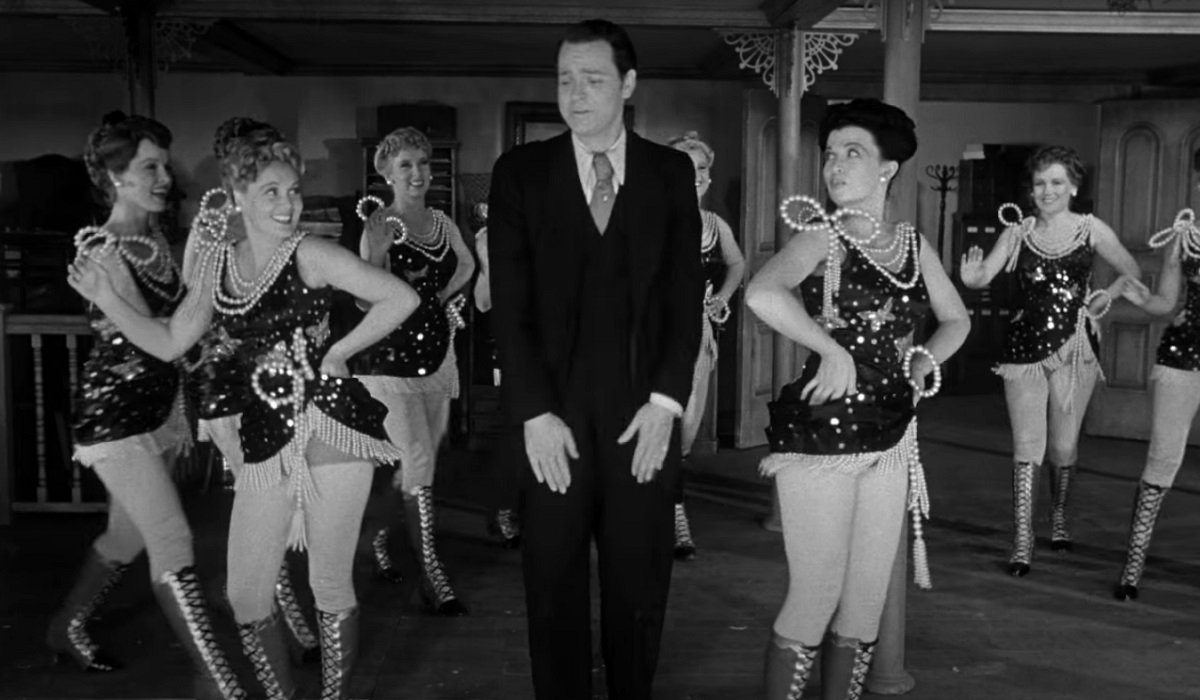
William Randolph Hearst Attempted To Have The Film Blocked
William Randolph Hearst may not be a name immediately recognizable in the modern-day, but back in the time of Citizen Kane, he was one of the largest media moguls and notable names in America. When he learned about Citizen Kane, as well as the chatter that it was loosely based on his life, he made many efforts (via The Guardian) to try and halt the movie's release using his massive influence. He ended up winning the battle as Citizen Kane only got a limited theatrical release, but given the legacy the film holds to this day, it's safe to say he lost the war.
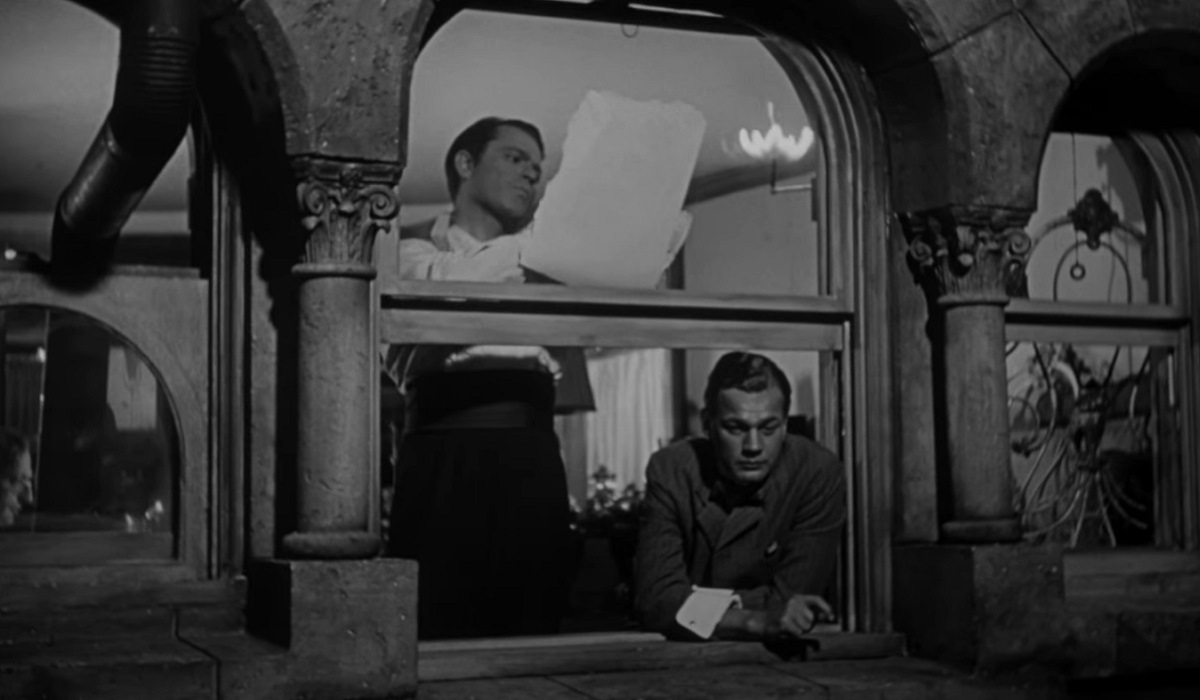
Orson Welles Alleges He Was Almost Framed For A Crime Because Of Citizen Kane
Because William Randolph Hearst was a powerful man in America, there was no shortage of people willing to try and hinder Orson Welles' credibility or fame in order to stop Citizen Kane from being made. This included an attempt to frame Welles for a crime, which may have happened had a police officer not pulled the director aside in a restaurant to warn him of a plot. Welles alleged that a photographer was waiting in his hotel room along with a minor in order to photograph Welles with her and claim he was having an illegal illicit encounter. Welles thanked the officer, and obviously, didn't go back to his hotel room.
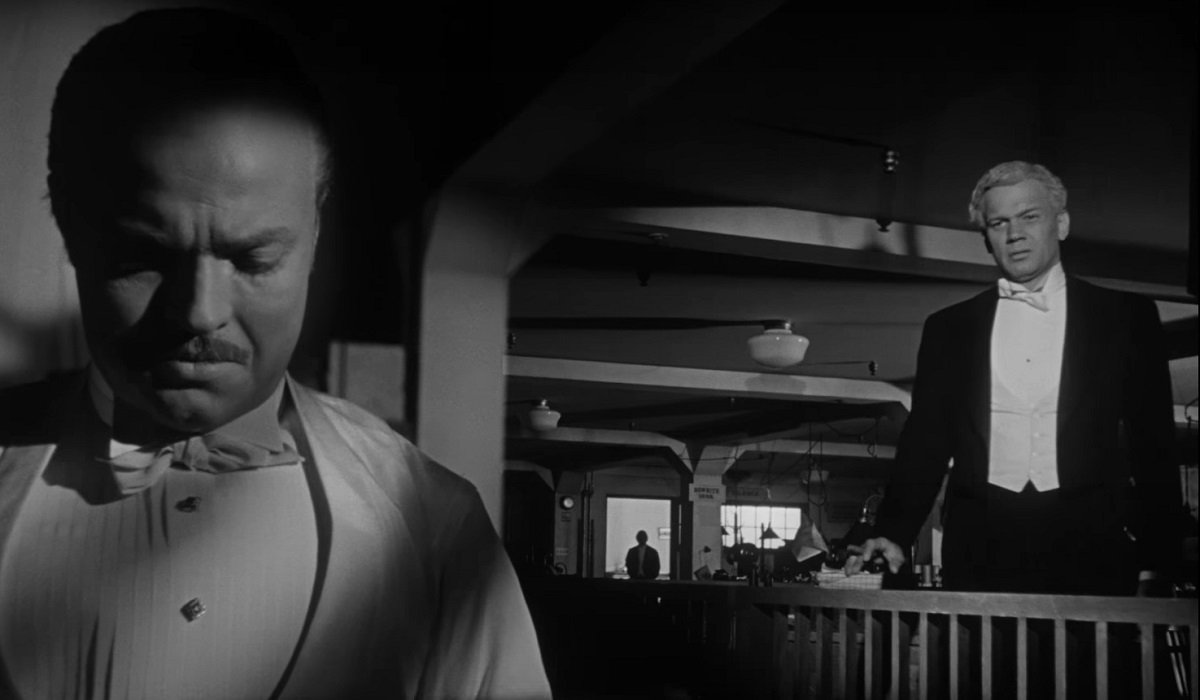
Citizen Kane Had Incredibly Limited Advertising
While William Randolph Hearst or any cronies associated with him weren't successful in keeping Citizen Kane from the public, he was able to effectively squash how many saw it initially. Smithsonian notes that Hearst's continuous attempts in the press to label Orson Welles as a communist prevented many major theater chains from showing the movie, which in turn led to it losing money at the box office. Welles' career afterward was believed to suffer as a result, even if the legacy of the movie ended up legendary in the long run.
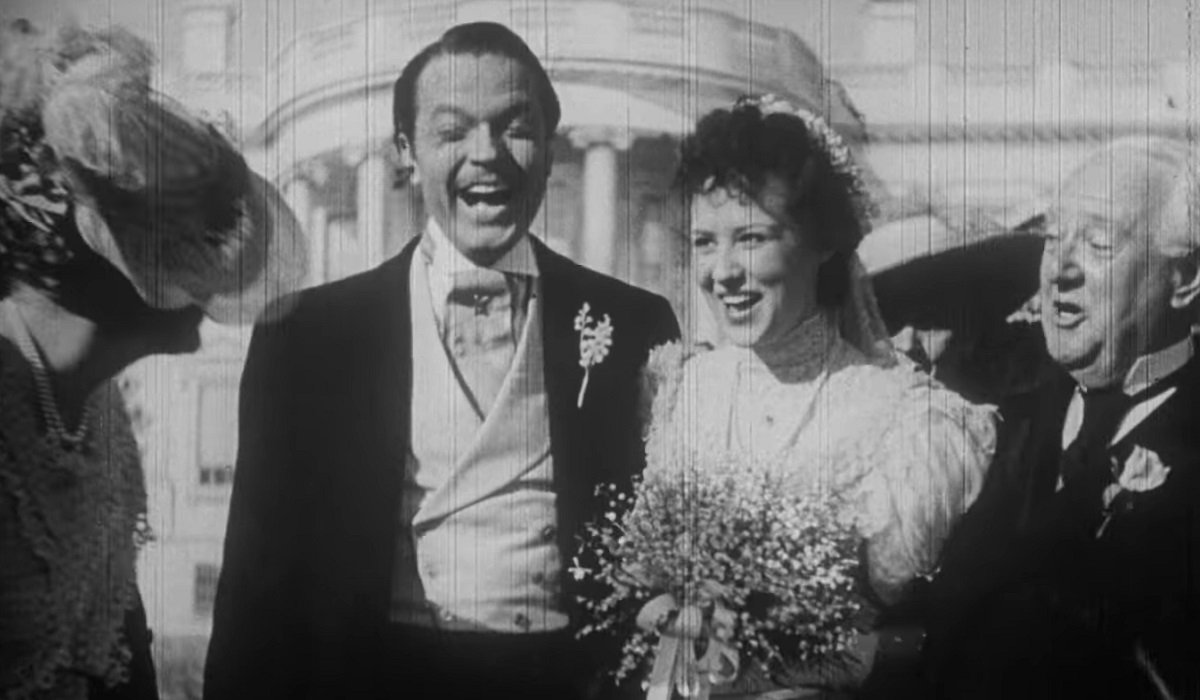
Orson Welles Invited William Randolph Hearst To The Opening Of Citizen Kane In Person
Orson Welles was well-aware of William Randolph Hearst's efforts behind the scenes to stop Citizen Kane, but that didn't prevent him from a gesture of goodwill when the two men happened to be in the same elevator. Welles, knowing that Hearst was a friend of his father, decided to extend an invitation for him to see Citizen Kane on opening night. Welles later said that Hearst remained silent the rest of the ride, choosing not to respond to the invitation. Welles, taking the hint, decided to take a jab at Hearst before departing and said Charles Foster Kane (the character alleged to be based on Hearst) would've accepted the invitation.
CINEMABLEND NEWSLETTER
Your Daily Blend of Entertainment News
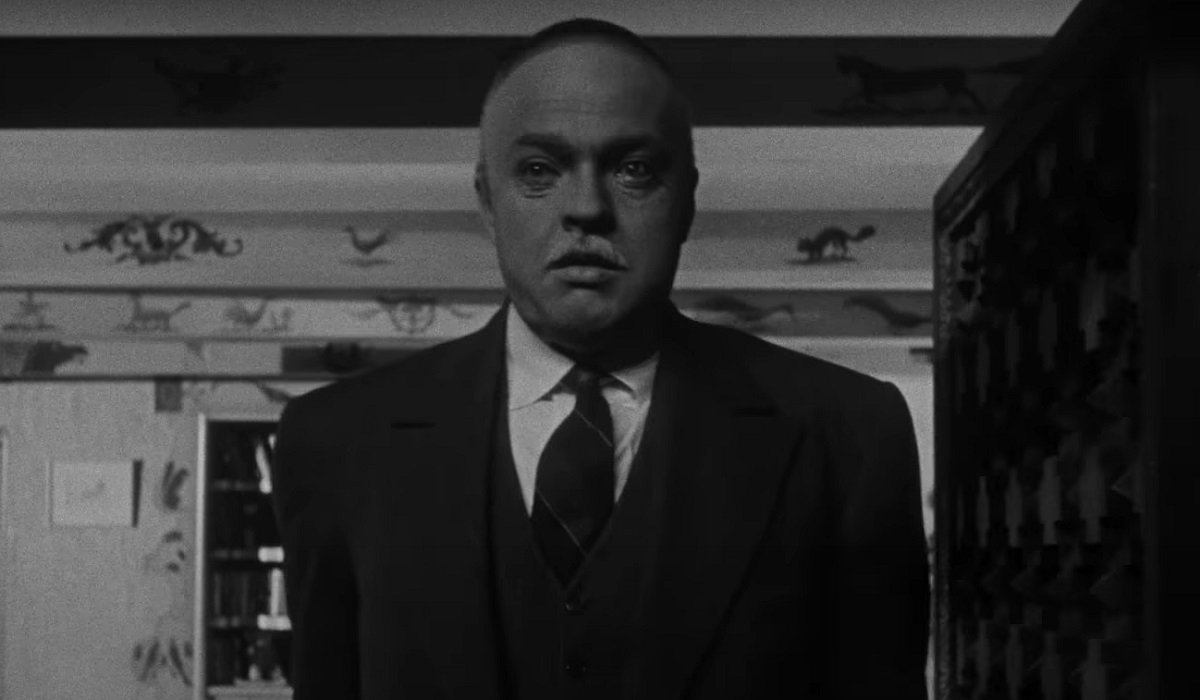
Orson Welles Tried To Remove Herman Mankiewicz Credit From The Film
The feud of Orson Welles and Herman Mankiewicz is one of the major stories behind the scenes of Citizen Kane. While the truth of who deserved credit isn't quite as cut and dry as Mank characterized it, the feud is though, and Welles did try to remove Mankiewicz's credit from the film. Fortunately for Mankiewicz, RKO pictures required that his name is in the credits (via ScreenRant). Apparently, this was in the deal before the two ever had a falling out, so Welles might've known this prior to his attempt.
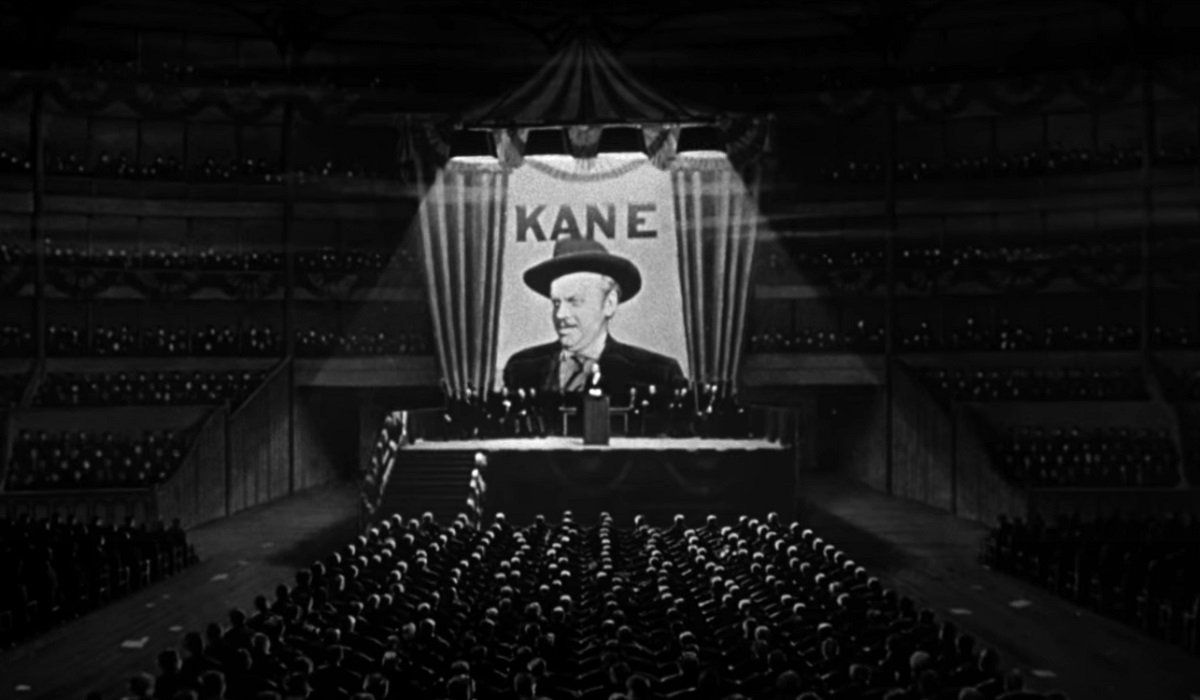
Orson Welles Attributed Citizen Kane's Most Inventive Camerawork To Ignorance
Citizen Kane's biggest feather in its cap in terms of cinematography is its unique use of deep focus and other filming techniques, and its breaking of taboo in building and showing sets with ceilings. Welles would go on to state in several interviews that one of the greatest things that led to that was his own ignorance, and not knowing what should and shouldn't be done making a movie. This meant it wasn't difficult for cinematographer Gregg Toland to convince him of some unconventional shots, many of which led to what made the film so iconic. Had Welles had more experience in the filmmaking world, Citizen Kane may not have been as iconic as it still is today.
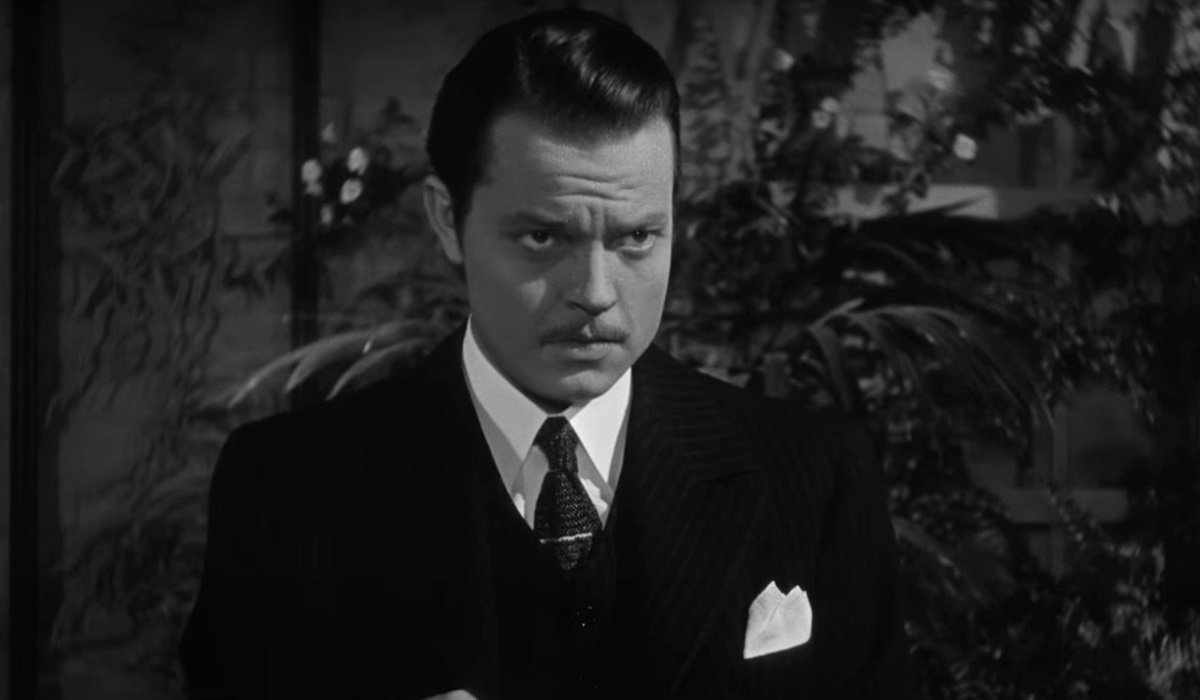
Orson Welles Didn't Actually Know What Directors Did At First
Orson Welles was a hotshot widely known for his work in radio, which ultimately led to a film deal despite his lack of experience. Welles was given a job as director, despite the fact that he had no idea what directors actually do behind the scenes. Welles stated that his first couple of weeks on set he frequently re-adjusted and moved lighting thinking that was his part to play in the process. The crew let him go on doing that for a while, but eventually, someone told him and Welles sheepishly apologized to everyone involved.
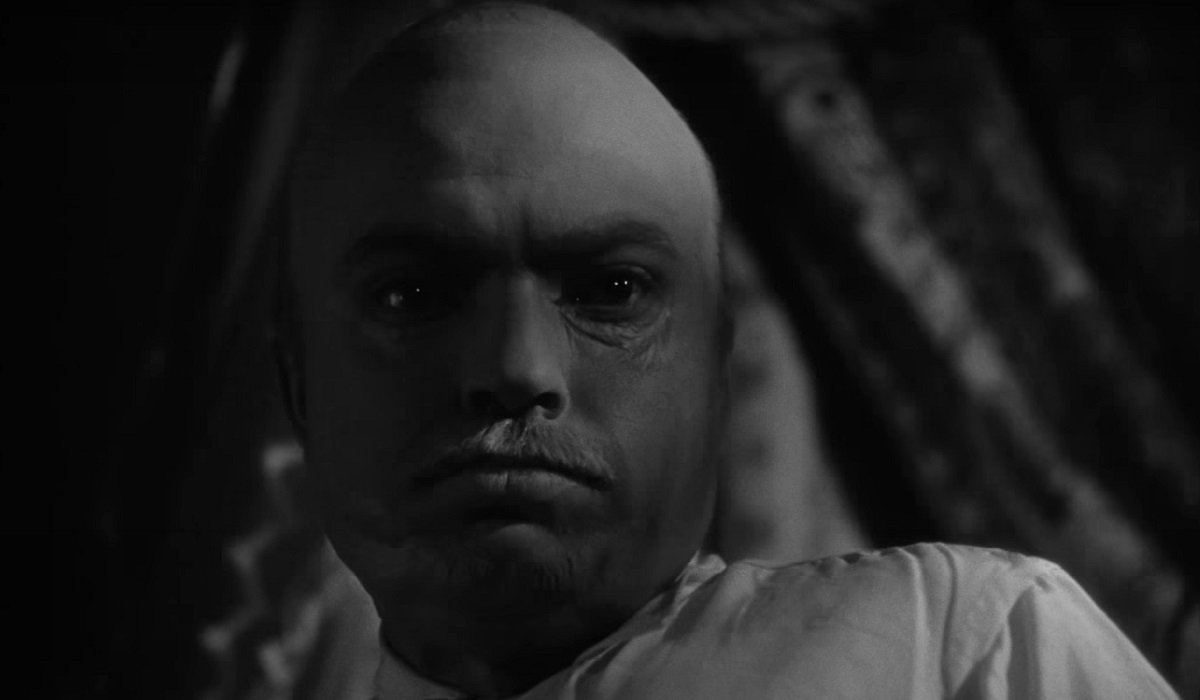
Orson Welles Allegedly Never Watched Citizen Kane
Allegedly, Orson Welles claimed he never watched Citizen Kane to the point that he snuck out of the theater on opening night. While that's something that can only be verified by the deceased director (who showed he can tell a good story), the reason Welles had was a pretty good one. Welles told Dick Cavett he never watched a movie after completing it, minus the time spent watching it "thousands of times" in the editing room. As far as to why he said he preferred not to re-live the whole experience and just continue to hear about it and think about how good the movie must've been instead.
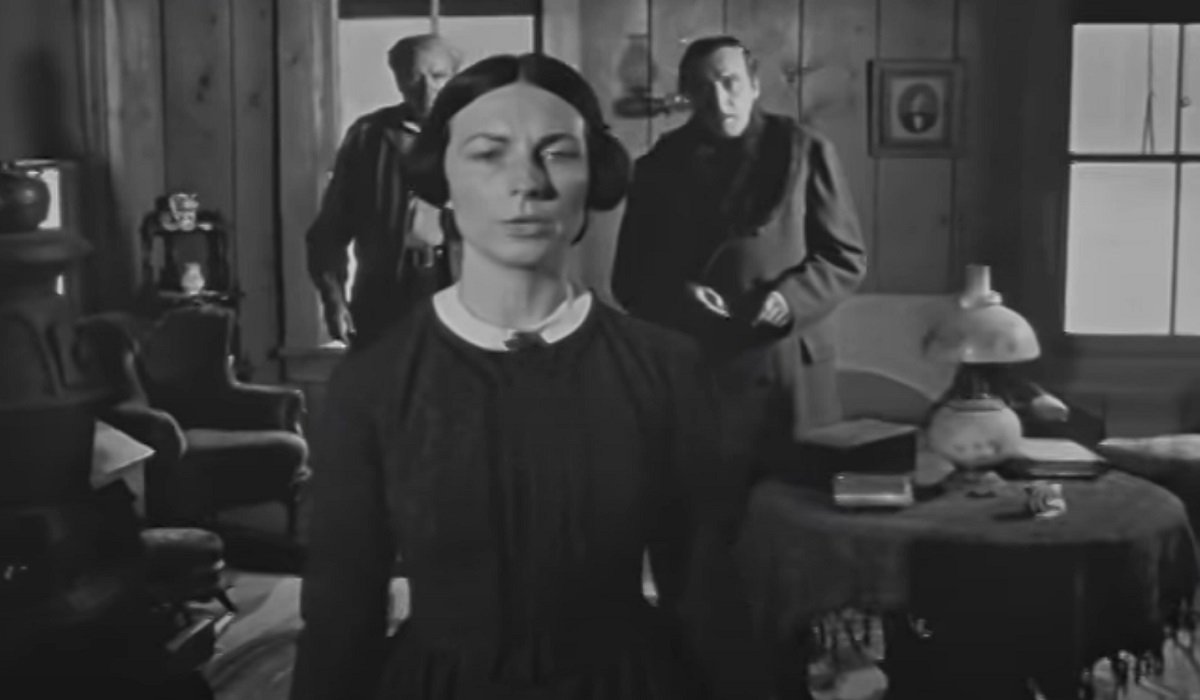
Citizen Kane Allegedly Had A Scene Removed For Fear Of Everyone's Safety
One behind-the-scenes fact about Citizen Kane is so scandalous, Welles never publicly discussed it for fear of his own life. Welles removed an affair scene from Citizen Kane, allegedly, because it seemed to be a thinly veiled reference to a murder that allegedly occurred on William Randolph Hearst's yacht. Hearst allegedly discovered Marion Davis and Charlie Chaplin having a romantic encounter on his yacht, and when he tried to shoot Chaplin, he killed producer Thomas H. Ince. The official story at the time was that Ince died of a heart attack, and it is worth noting Welles' silence on the story was related to a widespread rumor many people knew. In either case, it's a large part of why the scene was cut from the movie.
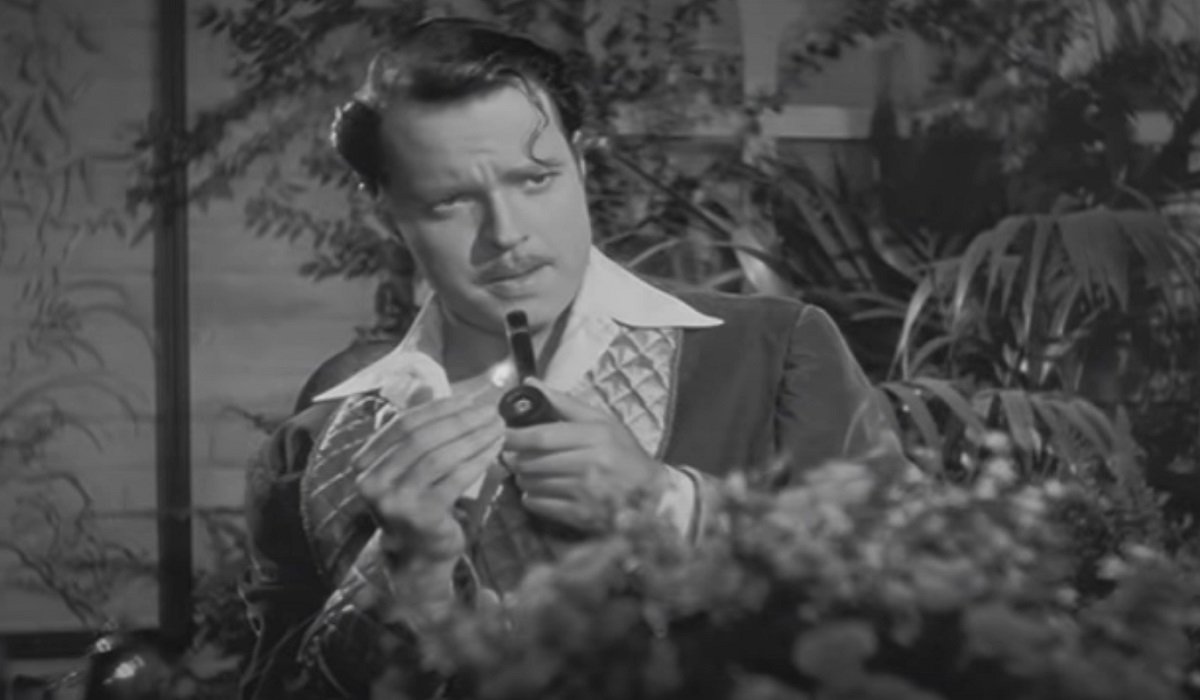
Citizen Kane Originally Had A Brothel Scene To Distract From Different Parts Of The Movie
In an original script for Citizen Kane, Kane takes the staff of the Chronicle to a brothel. The scene wasn't approved by the powers that be, but Orson Welles said that wasn't his concern. In his telling years after he would say the brothel scene was put in there to distract executives from more subtle controversial elements, which wouldn't be too hard to believe. The funnier behind-the-scenes fact is that Welles only had to remove the brothel for the scene, and that he still kept the sexy dancers but had them dance in the Chronicle office.
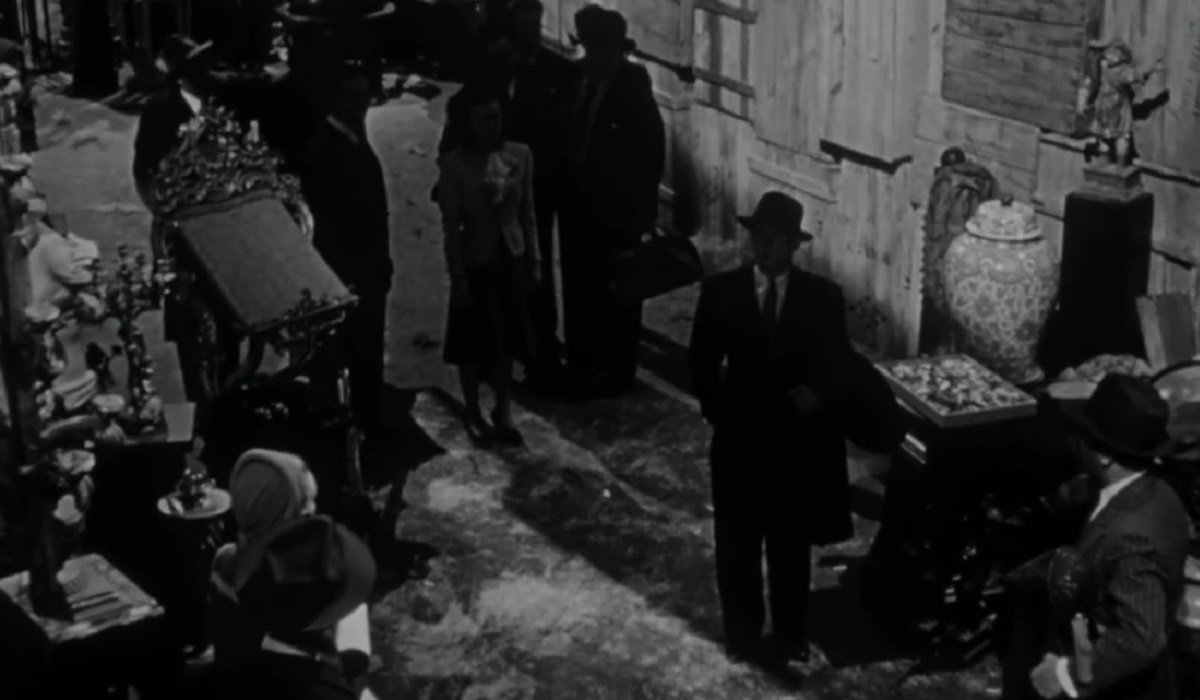
There's A Reason Jerry Thompson's Face Is Hidden In Shadows
Citizen Kane's Jerry Thompson is a reporter tasked with understanding the truth behind Charles Foster Kane. In the movie, the character's face is never clearly seen, and often cast in a shadow. The behind-the-scenes reason for this is because Thompson is ultimately always in the dark when it comes to Kane and his motivations (via Hidden In The Shadows), and only at the end we see the character in the light when he gets a glimmer of understanding.
Citizen Kane can be watched right now on Hulu with a live tv subscription, and Mank is streaming on Netflix. Continue to stick with CinemaBlend for all the latest happening in movie and television news.

Mick Joest is a Content Producer for CinemaBlend with his hand in an eclectic mix of television goodness. Star Trek is his main jam, but he also regularly reports on happenings in the world of Star Trek, WWE, Doctor Who, 90 Day Fiancé, Quantum Leap, and Big Brother. He graduated from the University of Southern Indiana with a degree in Journalism and a minor in Radio and Television. He's great at hosting panels and appearing on podcasts if given the chance as well.
